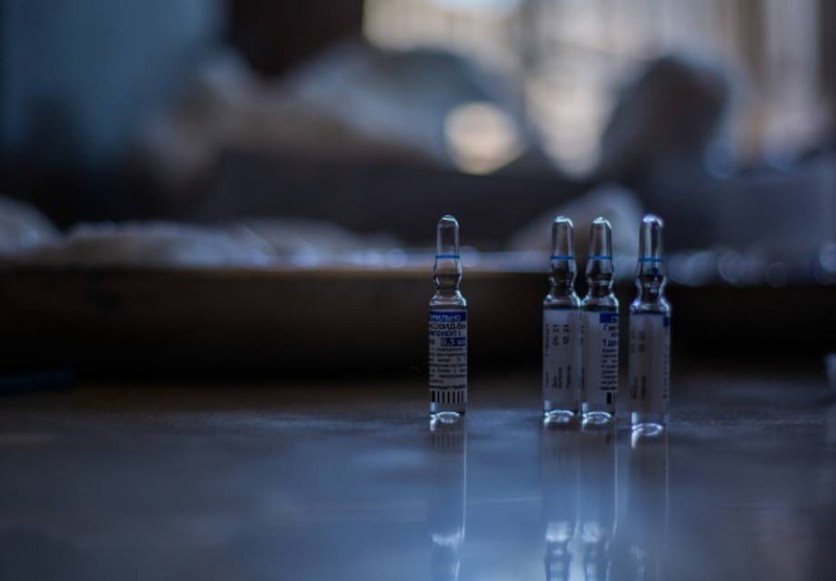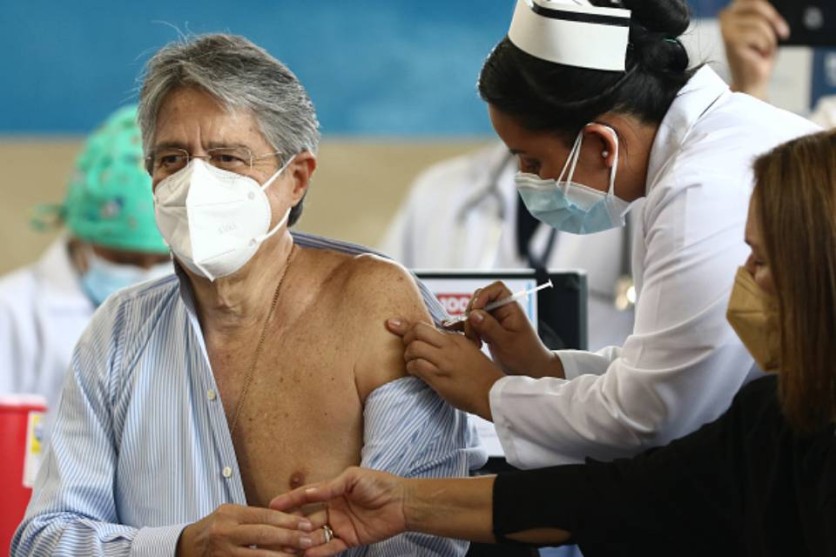Vaccine developers from Rice University in the United States have developed a new one for COVID-19 which can be administered in a very different way.

According to a report by Futurity, the team from Rice University developed an inhalable vaccine which they say is scalable, adaptable, and can be stored at room temperature. The last one is perhaps the most important because almost every COVID vaccine available today has to remain in cold storage, or they'll spoil.
Detailed in a study published in the journal Proceedings of the National Academy of Sciences, the inhalable coronavirus vaccine uses so-called modified bacteriophage particles that will deliver the vaccine into the body via the lungs.
The particles are specially engineered just like available vaccines: injecting them with a special protein from the coronavirus. It's this protein that a fair number of vaccines (specifically mRNA-based ones, as described by the CDC) use to "train" the body's immune system to create antibodies that attack the protein as soon as it's detected via the virus entering the body.
But perhaps the best quality that the inhalable COVID vaccine has is that it can be customized to protect individuals against multiple coronavirus variants. This could be a lifesaver in the wake of the extremely transmissible Delta variant, first identified in India.
Read also: Recently-Labelled Lambda COVID-19 Variant Sparks Concerns Among Experts --Where Did it Originate?
Vaccine Science: Just How Effective is the Inhalable One?
According to Science Daily, the inhalable COVID-19 vaccine has been proving quite effective in its early trials on animals.
While the coronavirus doesn't really propagate in animals compared to humans, it can actually affect them. And the variant of the inhalable vaccine has been proven to protect lab mice from a lethal infection fully. Developed by teams from the University of Iowa and the University of Georgia, the vaccine so far only needs one dose, compared to others which often need two.
But of course, these aren't the only variants of the inhalable vaccine. Back in April, CNBC reported on a similar type that's being developed in China. It has already started clinical trials by the time the news broke out, though there's not a lot of latest information about when it will be released.
Is Herd Immunity on the Horizon?
Despite recent news saying that almost 15 million Americans didn't get their second dose of the vaccine, the world is actually vaccinating a lot of people every day.

According to Our World in Data, over 3.36 billion doses have already been administered, with 32.29 million being given daily. So far, around 24.9 percent of the global population has received their first dose. But of course, the first dose is not enough to actually protect against the virus--you'll need your second one for the best results.
The world is still far from achieving herd immunity (and the long-awaited end of the pandemic), but we're getting there.
This article is owned by Tech Times
Written by RJ Pierce
ⓒ 2026 TECHTIMES.com All rights reserved. Do not reproduce without permission.




